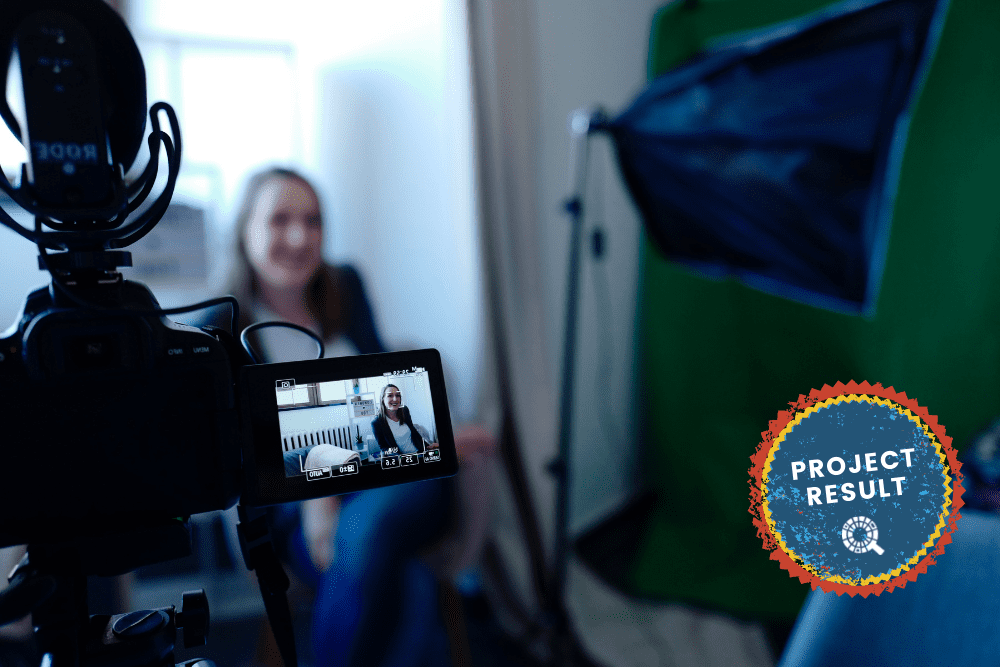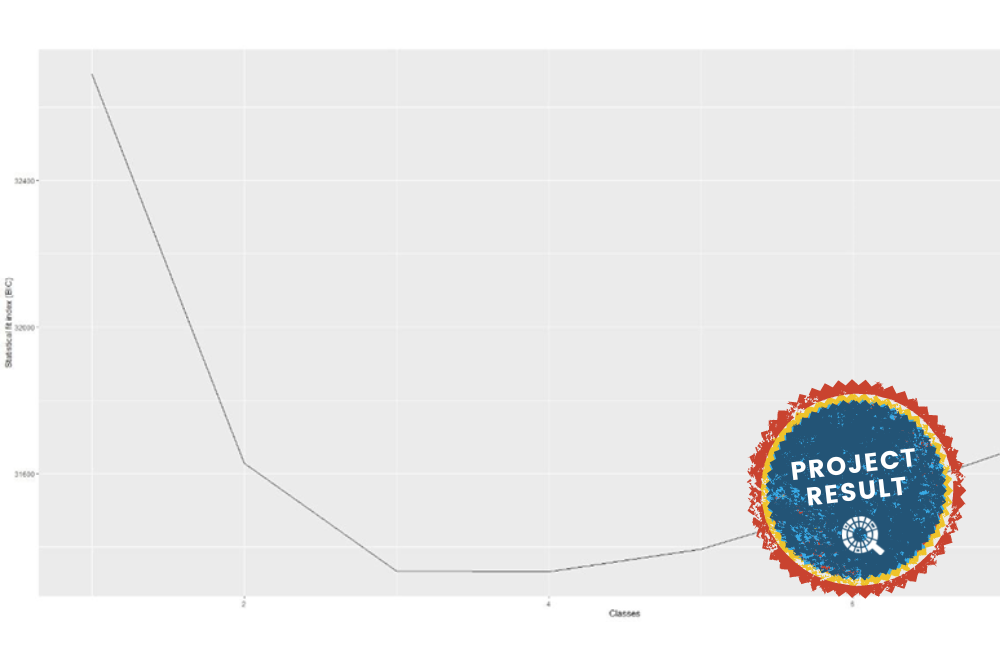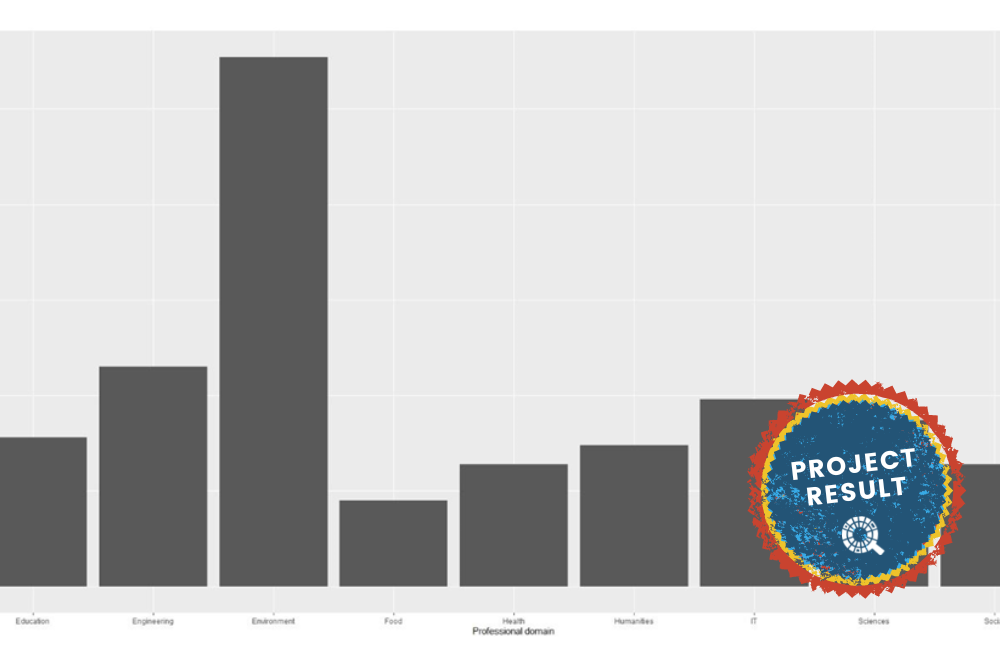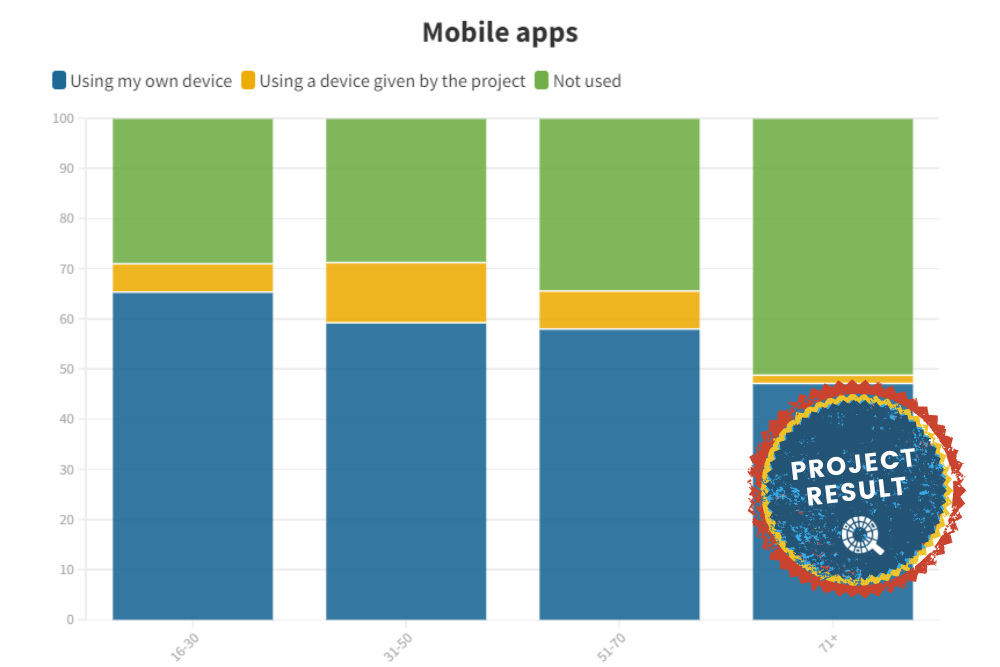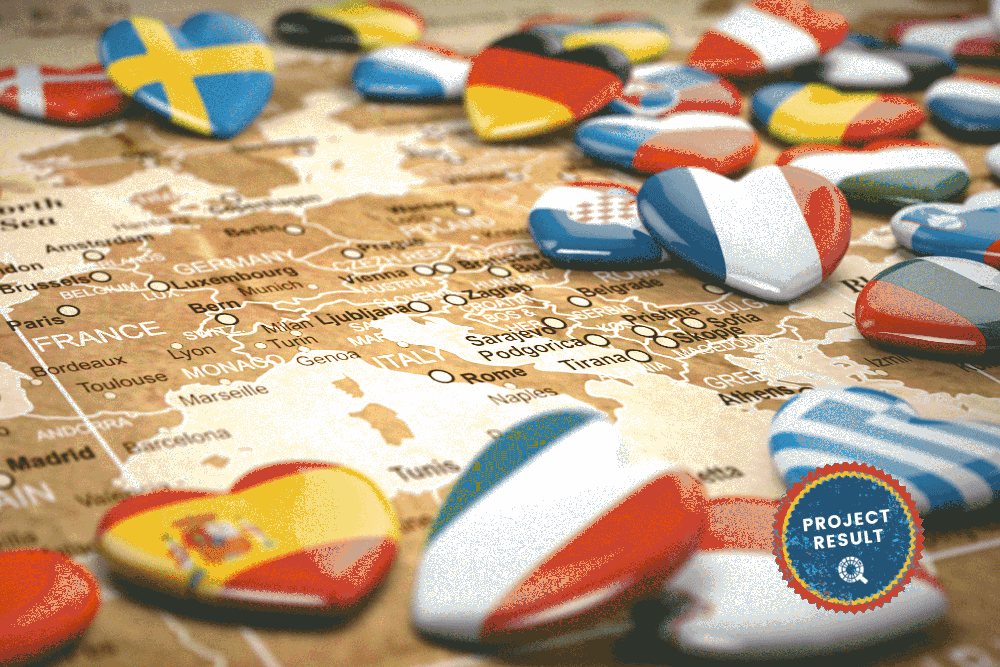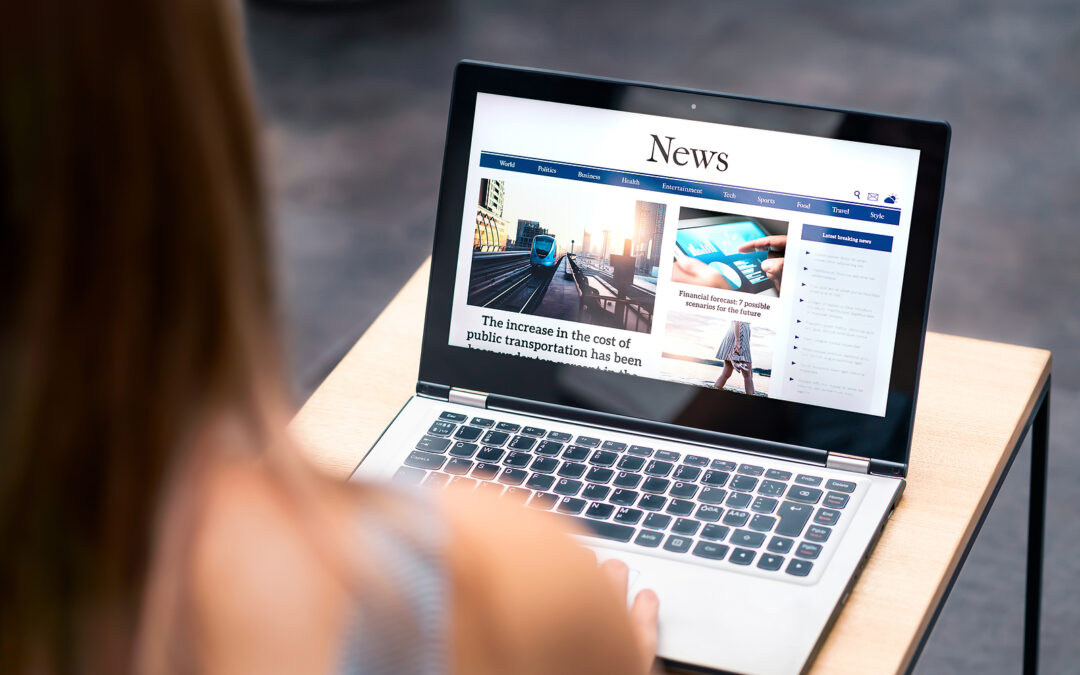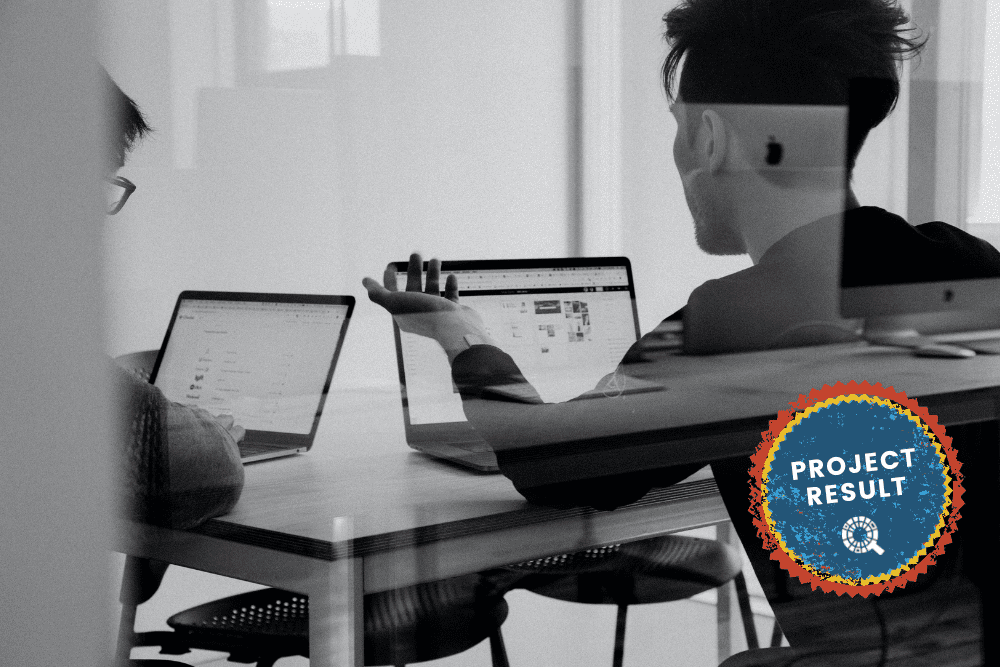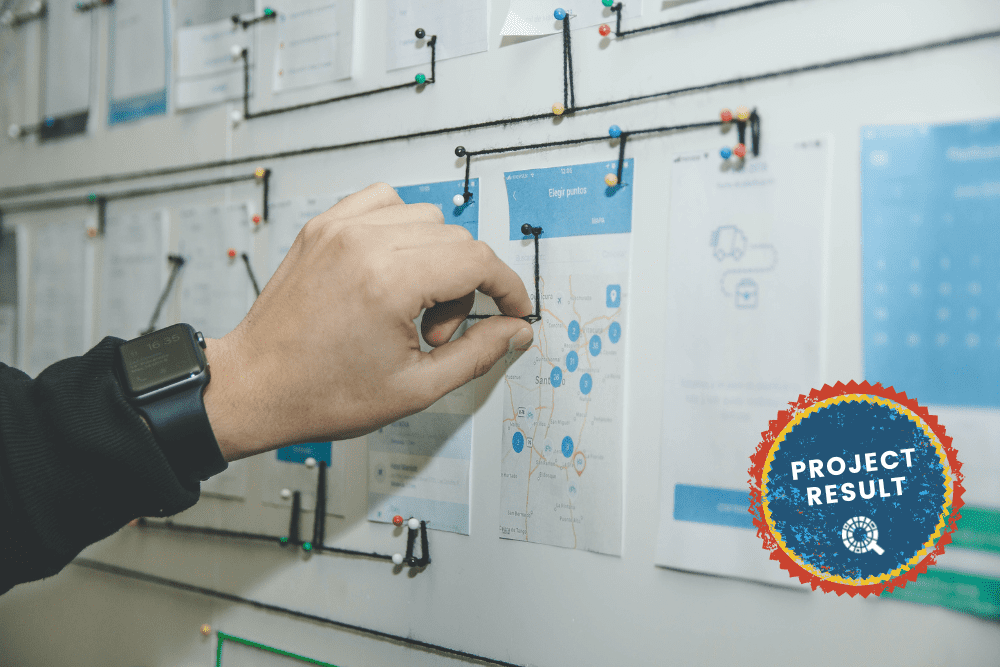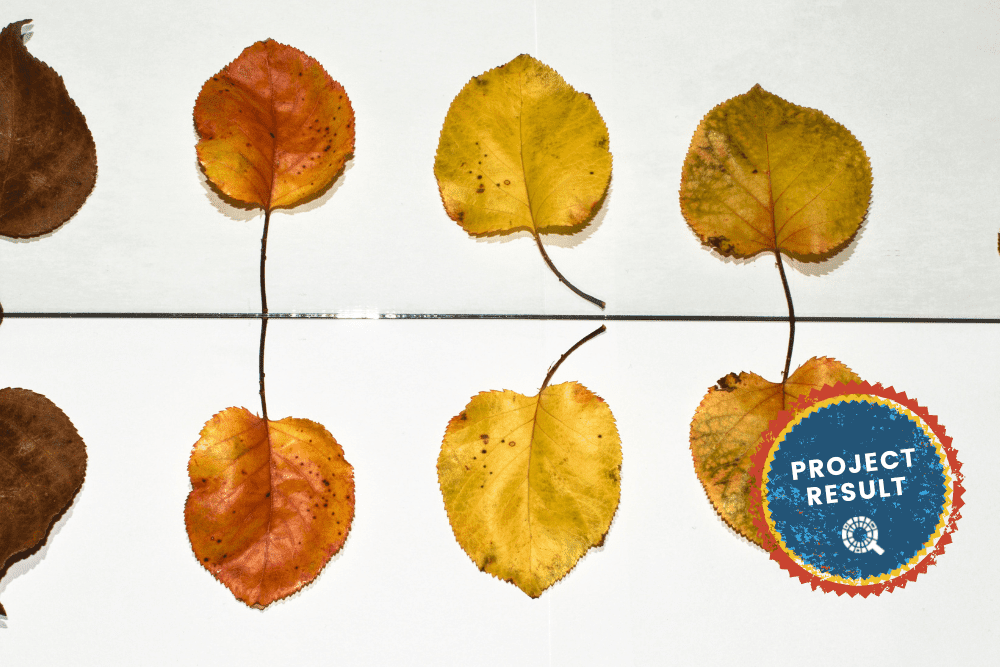The CS Track research team, led by partners Christine Urban and Michael Strähle from the Wissenschaftsladen Wien – Science Shop Vienna, has published a report called Conceptual Framework for Analytics Tools. This document builds on the preceding report Framework Conceptual Model and lays the conceptual foundation for the project. This document maps citizen science landscapes in the European Union and beyond, funding programmes, policies, advocacy and working groups, and opportunities for participating in citizen science activities. Moreover, the report presents an overview of educational citizen science activities in schools that complements the previously published literature review on citizen science activities in education. This document also includes interviews with African, Asian, European and American experts on Open Science, research ethics and research integrity, which supplement the literature review included in the Framework Conceptual Model report and are the focus of this article.
Interviews with experts
The CS Track researchers interviewed experts who live or work on different continents or have carried out projects which fall under the European Commission’s definition of citizen science in different parts of the world. When selecting experts, the interviewers considered several dimensions: geography, professional status and background, sufficient visibility in their field, no close affiliation to those who are often cited in research on citizen science, and scientific expertise in respect to the topic of the interview, and gender. 55 experts were approached and 12 of them were interviewed.
Benefits, pitfalls and caveats
Experts shared their thoughts on some potential benefits, pitfalls and caveats of citizen science. Here are some of their observations:
- Lyn Horn (University of Cape Town, South Africa) believes that grassroot citizen science can provide counter expertise and open access to data powerful people with hidden agendas try to hide. However, activists and scientists should be careful not to overstep their field of expertise.
- Glenn Hampson (Science Communication Institute and Open Scholarship Initiative, USA) warns of “potential misappropriate use of findings to support other agendas”.
- Nerea Turreira-Garcia (University of Copenhagen, Denmark) says that “understanding the agenda behind a Citizen Science project may serve, understand whose interests it serves and how ‘inclusive’, ‘reciprocal’ and ‘democratic’ the project is” is crucial.
- “It does not work for all kinds of research.” Sara Decoster (KU Leuven, Belgium)
- “Successful citizen science is very time consuming.” Aleta Quinn (University of Idaho, USA)
- “I think Citizen Science sells well. In the museum community, if you’re trying to get a job as a curator or even a collections manager these days, they want you to have some component of interacting with the community and they want the phrase citizen science to be on your resume. There seems to be a push in a way that it might take resources away from other activities. It might oversell the concepts of citizen science.” Aleta Quinn
- Rebecca Lave pointed out that scientists might miss out on something by partially outsourcing data collection to volunteers. For perhaps scientists would notice something in data collection that citizens would not. The opportunities for unplanned fortunate discoveries might be reduced.
- “Science needs to remain science, quality assurance is necessary (but easier said than done).” Sara Decoster
- “Citizen science is just a building block in Open Science. It is a problem if anything can be called citizen science.” Alexander Refsum Jensenius
- “I think people need to realise that an important aspect of science is about doubt and uncertainty, which are in fact essential components of science, as demonstrated by epistemologists like Popper & Kuhn. The idea that something is true only until the contrary has been proven. But now citizens are asking scientists to give clear answers, to tell them the truth and are not always aware that the truth might not exist. Or that the truth of today is not the truth of tomorrow.“ Sara Decoster
Ethical issues
The experts on research ethics and research integrity mentioned several ethical issues, including well-known ones such as privacy, and inclusion barriers and some that are not widely discussed in citizen science communities.
- Ethical issues may also depend on project design. “Who decides project objectives, methods, data validation, and data use, in short: the project agenda?” asks Nerea Turreira-Garcia, as “such decisions decide about ethical issues, too, especially in participatory research activities such as participatory environmental monitoring.”
- Recognition of the citizens involved and of citizen science itself remains an issue. For example, scientific journals make it difficult to adequately name citizen scientists.
- Without payment, people with few financial resources can be excluded from participation, especially when it comes to more time-consuming contributions.
How to mitigate ethical issues?
Interviewed experts shared their suggestions of how some of the ethical issues can be mitigated, including:
- Aleta Quinn suggested that closer cooperation between scientists and citizen scientists cannot only prevent ethical issues, but can also reveal ethical issues scientists are not aware of.
- Nerea Turreira-Garcia recommends making data collection as low-tech as possible and to give data collectors full ownership of their data.
- Rebecca Lave (Indiana University Bloomington, USA) believes that data and results must be made available to volunteers in an understandable way.
Download the full deliverable here.
